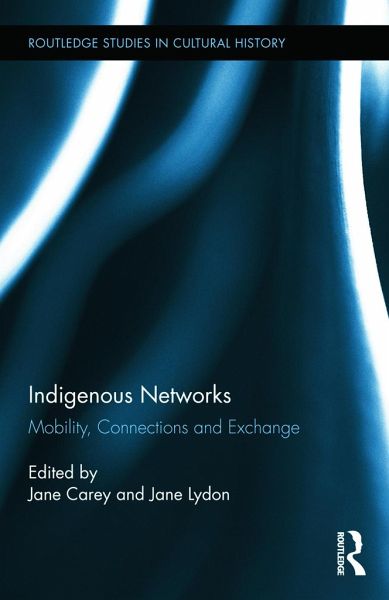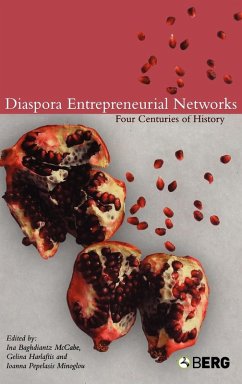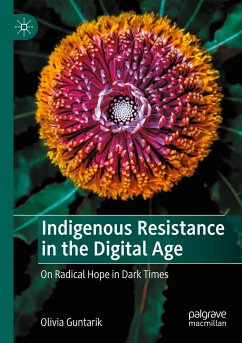
Indigenous Networks
Mobility, Connections and Exchange
Herausgeber: Carey, Jane; Lydon, Jane
Versandkostenfrei!
Versandfertig in 1-2 Wochen
177,99 €
inkl. MwSt.

PAYBACK Punkte
89 °P sammeln!
Where Europeans have been considered "cosmopolitan," the mobility of Indigenous people has either been overlooked or understood only as a consequence of the oppressive expansion of European empires. This volume brings together prominent and emerging scholars who have begun to explore Indigenous networks and "transnational" encounters to consider the broader significance of "extra-local" networks, exchanges, and mobility for Indigenous peoples. It examines a range of analytic scales, including global, regional and intra-Indigenous networks, histories of ideas and cultural forms, and biography, ...
Where Europeans have been considered "cosmopolitan," the mobility of Indigenous people has either been overlooked or understood only as a consequence of the oppressive expansion of European empires. This volume brings together prominent and emerging scholars who have begun to explore Indigenous networks and "transnational" encounters to consider the broader significance of "extra-local" networks, exchanges, and mobility for Indigenous peoples. It examines a range of analytic scales, including global, regional and intra-Indigenous networks, histories of ideas and cultural forms, and biography, as well as contemporary legacies.












